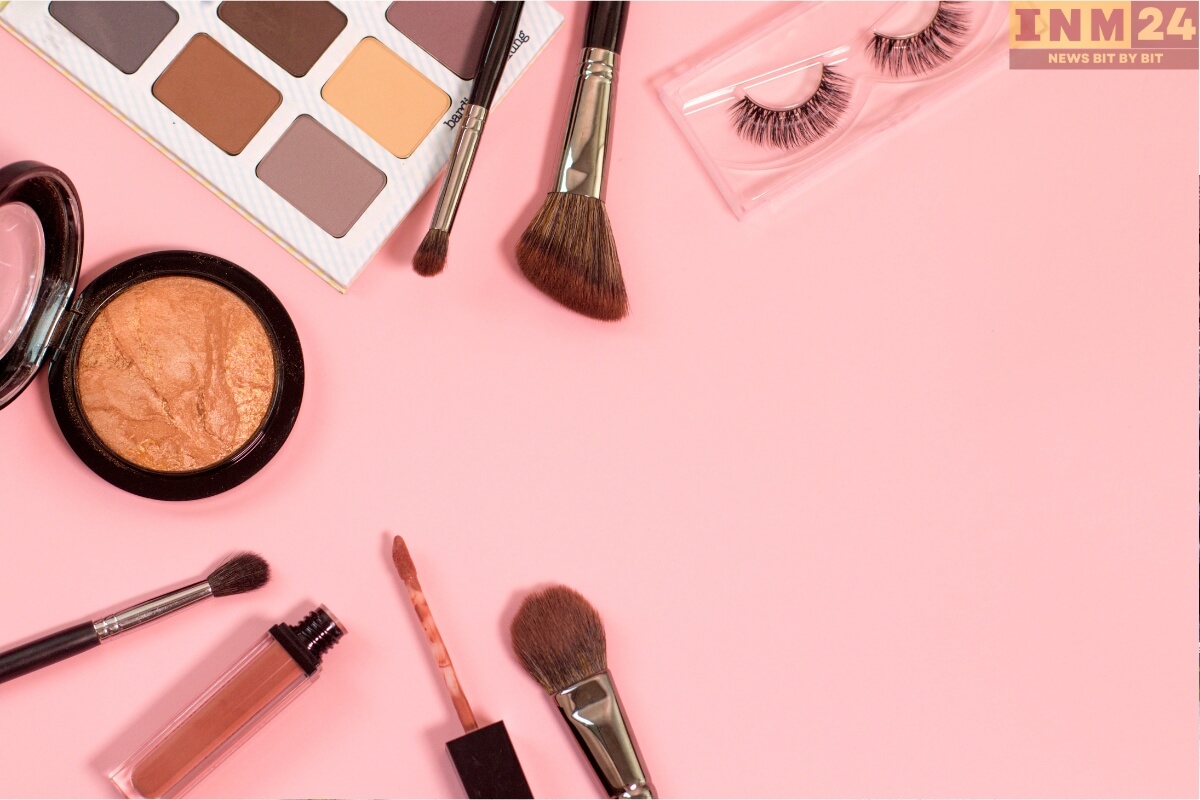The daily ritual of applying makeup is a routine embraced by millions around the world, serving as a means of enhancing features, boosting confidence, and expressing individuality. However, amidst the allure of flawless skin and glamorous looks, questions arise about the potential impact of daily makeup use on skin health. Is the regular application of makeup harmful to the skin? To shed light on this topic, we turn to skincare experts for their insights.
“Understanding the Impact of Makeup on Skin Health”
Makeup, when applied correctly and with quality products, is generally considered safe for the skin. However, problems can arise when makeup is used excessively or improperly. According to dermatologists, prolonged and frequent use of makeup, especially heavy or oil-based products, can lead to various skin issues, including clogged pores, acne breakouts, irritation, and premature aging.
One of the primary concerns associated with daily makeup use is the clogging of pores. Makeup, particularly foundation and concealer, can create a barrier on the skin’s surface, trapping dirt, oil, and dead skin cells. Over time, this buildup can lead to clogged pores, which may result in acne breakouts and other skin blemishes. To mitigate this risk, experts recommend choosing non-comedogenic or oil-free makeup products and ensuring thorough cleansing of the skin to remove makeup residue at the end of the day.
Furthermore, certain ingredients commonly found in makeup formulations, such as fragrances, preservatives, and synthetic dyes, have the potential to cause skin irritation or allergic reactions, especially in individuals with sensitive skin. Regular exposure to these irritants can compromise the skin’s barrier function, leading to redness, inflammation, and discomfort. To minimize the risk of irritation, dermatologists advise opting for hypoallergenic and fragrance-free makeup options and conducting patch tests before introducing new products to your routine.
“Addressing Makeup’s Influence on Skin Aging”
Another concern is the impact of makeup on skin aging. While makeup itself does not directly cause wrinkles or sagging skin, certain makeup practices, such as tugging at the delicate skin around the eyes or using heavy, matte foundations that settle into fine lines, can accentuate signs of aging. Additionally, prolonged exposure to environmental pollutants and UV radiation, combined with inadequate makeup removal, can contribute to premature skin aging. To maintain youthful skin, experts recommend choosing lightweight, breathable makeup formulas and diligently removing makeup before bedtime to allow the skin to regenerate overnight.
Despite these potential drawbacks, makeup can be part of a healthy skincare routine when used judiciously and in conjunction with proper skincare practices. Experts emphasize the importance of adopting a balanced approach to makeup use, which includes selecting products tailored to your skin type, practicing good hygiene habits, and giving your skin regular breaks from makeup to allow it to breathe and rejuvenate.
While daily makeup application can contribute to a polished appearance and enhanced self-confidence, it is essential to be mindful of its potential impact on skin health. By understanding the factors that influence skin reactions to makeup and adopting best practices recommended by skincare experts, individuals can enjoy the transformative power of makeup while safeguarding the health and vitality of their skin. Ultimately, striking a balance between makeup usage and skincare maintenance is key to achieving radiant, healthy-looking skin for the long term.
